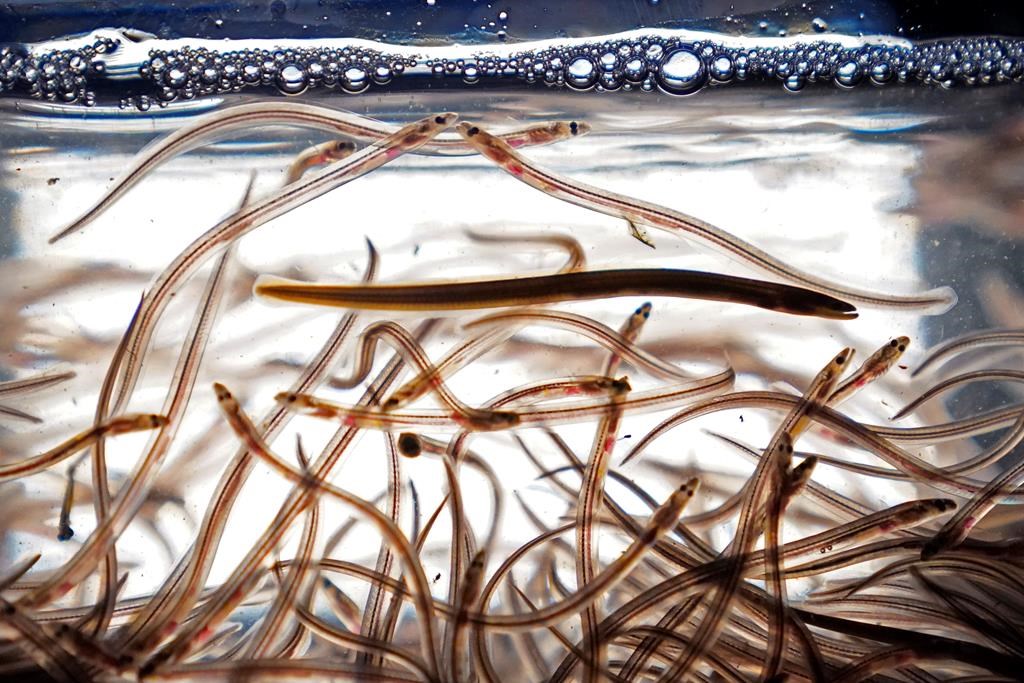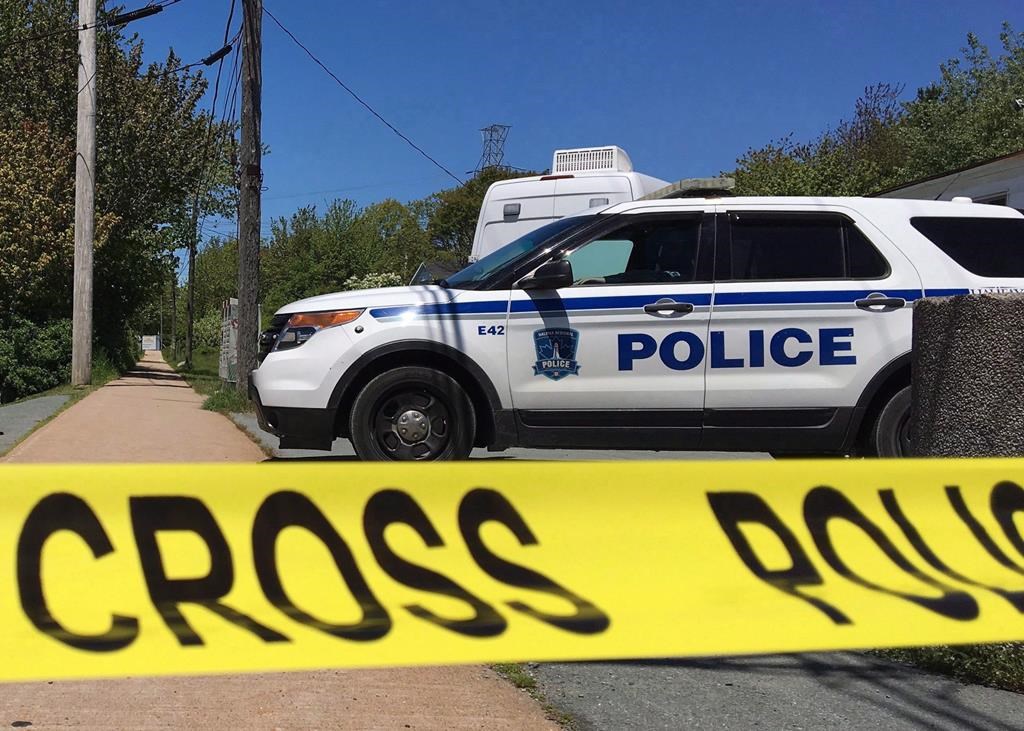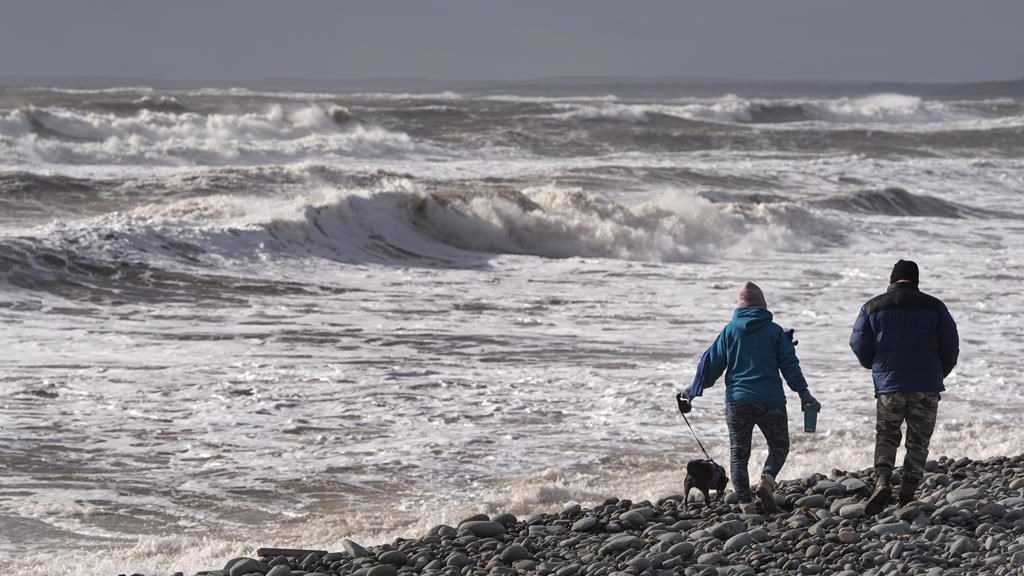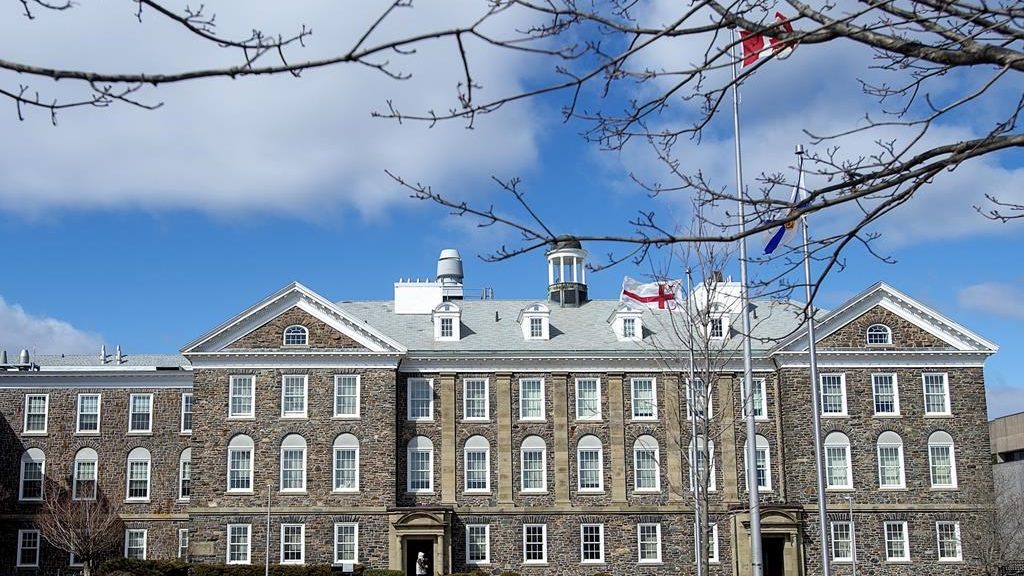Venezuelan government shows first photos of President Hugo Chavez in more than 2 months
Posted Feb 15, 2013 01:04:29 PM.
This article is more than 5 years old.
CARACAS, Venezuela – The world got its first glimpse of Hugo Chavez since he underwent a fourth cancer-related surgery in Cuba more than two months ago, with photos released Friday showing the Venezuelan leader alongside his daughters in Havana.
Along with Valentine’s Day images of puffy-faced Chavez came a possible explanation for why no one has heard from Venezuela’s longtime president since his surgery: He is breathing through a tracheal tube that makes speech difficult.
The government described Chavez’s condition as “delicate” and said he continues to undergo “vigorous treatment for his fundamental illness.”
The photos show Chavez reclining on what appears to be a bed, a blue pillow behind his head. He smiles broadly, while his daughters Rosa and Maria lean in close to him.
In other images, Chavez is shown looking at Thursday’s issue of the Cuban Communist Party newspaper Granma, his daughters still flanking him. Chavez’s son-in-law, Science and Technology Minister Jorge Arreaza, showed the photos on Venezuelan state television.
Government officials say Chavez has been recovering in Cuba since undergoing cancer surgery on Dec. 11.
Speculation has been widespread in Venezuela about Chavez’s condition, with the president not seen or directly heard from since he left for Cuba on Dec. 10. During previous treatments in Havana, Chavez spoke on Venezuelan TV or appeared in photos.
Information Minister Ernesto Villegas said Friday that the tracheal tube makes talking difficult for Chavez.
“After two months of a complicated post-operative process, the patient remains conscious, with his intellectual functions intact, in close communication with his government team,” Villegas said, reading from a statement on television.
Villegas reiterated that Chavez has overcome a respiratory infection that arose after the surgery, “although a certain grade of (breathing) insufficiency persists.”
“Given that circumstance, which is being duly treated, Comandante Chavez is currently breathing through a tracheal cannula, which temporarily hinders speech,” Villegas said.
Villegas also said Chavez’s doctors are “applying vigorous treatment for his fundamental illness,” an apparent reference to cancer. He said that treatment “isn’t free of complications.”
Government opponents have been demanding more information about Chavez’s condition, and have asked why he hasn’t spoken to the nation to explain his condition.
Dr. Carlos Castro, scientific director of the Colombian League Against Cancer in Bogota, said that based on the government’s accounts, Chavez appears to have been breathing with the help of a respirator for an extended period after the surgery.
“After some days, it’s mandatory to perform a tracheotomy so that he can breathe,” Castro said.
Castro, who isn’t involved in the president’s treatment, said Chavez’s tracheotomy isn’t visible in the photos because it is covered by his clothing, below the neck line. As for why Chavez needed the procedure, Castro said that when a patient is on a respirator for a long time, the “tube can damage the trachea because it, let’s say, irritates. And they carry out the tracheotomy so that he can continue breathing without problems and preserve the trachea.”
Castro also said that it’s normal for a patient’s face to swell up after being on a ventilator for a long time.
“They’re not telling us anything about his ‘fundamental illness,'” Castro said. “They don’t touch that subject. So, the question is: What’s happened with the cancer?”
Despite unanswered questions about Chavez’s cancer, some of the president’s supporters said they were surprised and relieved when they saw the pictures of him on television.
“Chavez looked good, smiling,” said Juan Ramirez, a security guard in Caracas. “I didn’t expect that.”
Ramirez said he believes the images show the president is recovering and that Chavez may soon be ready to return to Venezuela.
Before leaving for Cuba, Chavez acknowledged there were risks and said that if his cancer fight prevented him from staying on as president, Vice-President Nicolas Maduro should run in a new election to take his place.
Maduro has travelled repeatedly to Havana in recent weeks, and has shown documents signed by Chavez while insisting the president remains in charge. On Wednesday, Maduro said Chavez is undergoing “extremely complex and tough” treatments, which he didn’t specify.
Arreaza on Friday described them as “palliative treatments” but didn’t give details.
Medical experts consulted by The Associated Press have said the government’s recent accounts of “systemic medical treatment” could mean various types of chemotherapy or drug treatments, depending on the type of cancer.
The 58-year-old president has been undergoing cancer treatment in Cuba on-and-off since June 2011. He has said he has had tumors removed from his pelvic region, and has also undergone prior rounds of chemotherapy and radiation treatment.
Throughout the treatments, Chavez has not revealed the type of cancer or the location where tumors have been removed.
Castro said that based on the government’s accounts, he thinks Chavez’s cancer sounds terminal.
Villegas, however, urged Venezuelans to keep praying for Chavez.
“We trust… that Comandante Chavez will overcome these delicate circumstances sooner rather than later to accompany his nation in the path to new victories,” Villegas said, finishing the statement saying: “Viva Chavez!”
___
Associated Press writers Christopher Toothaker in Caracas, Frank Bajak in Lima, Peru, and Cesar Garcia in Bogota, Colombia, contributed to this report.
___
Ian James on Twitter: http://twitter.com/ianjamesap










